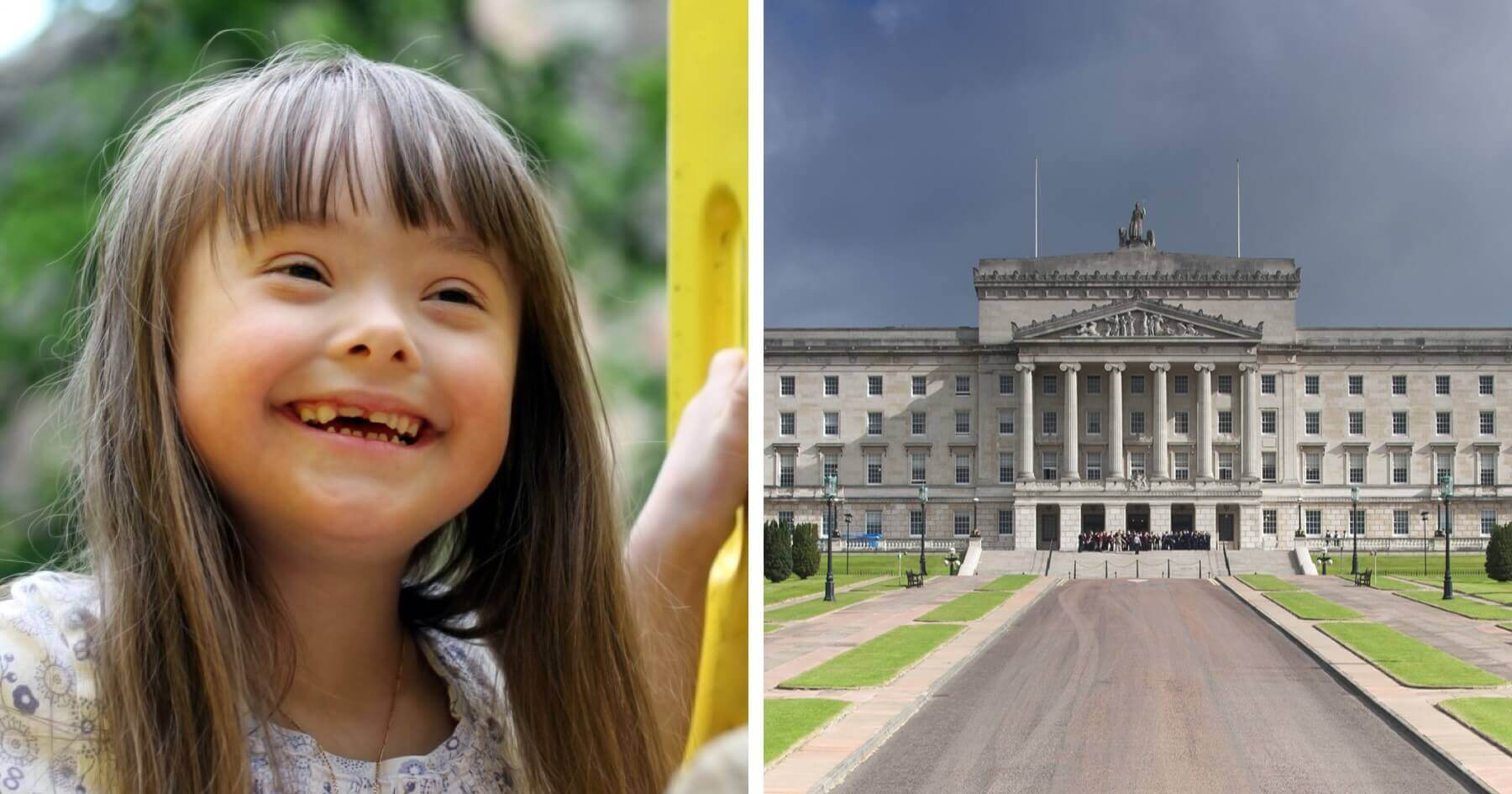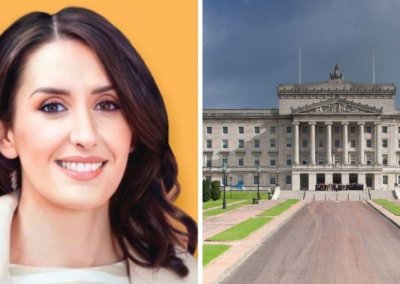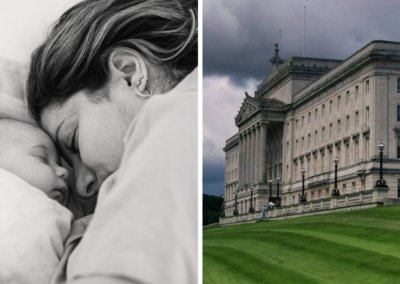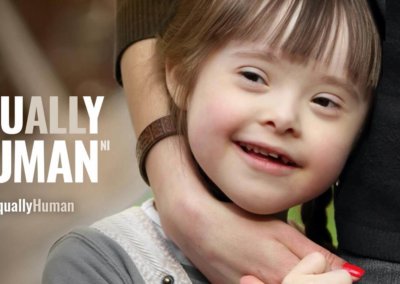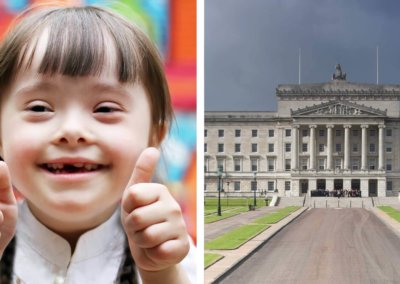Over 1,500 people with Down’s syndrome and their families have signed an open letter urging political leaders in Northern Ireland to vote for a law which would prevent babies with disabilities including Down’s syndrome, cleft lip and club foot from being aborted up until birth.
The Severe Fetal Impairment Abortion (Amendment) Bill was introduced towards the end of February by Paul Givan MLA. The Bill seeks to amend the current Abortion (Northern Ireland) (No.2) Regulations 2020, which permit abortion up until birth based solely on the diagnosis of a disability including Down’s syndrome, cleft lip, cleft palate or club foot.
Givan’s Bill was produced in association with the Down’s syndrome advocacy group ‘Don’t Screen Us Out’. The group has managed to gather 1,553 signatures from people with Down’s syndrome and their families urging politicians to adopt the amendment and end the discrimination against people with disabilities like theirs.
1,500 people with Down’s syndrome and their families have called on NI party leaders to support this Bill.
Lynn Murray, spokesperson for ‘Don’t Screen Us Out’ said: “Already, over 1,500 people with Down’s syndrome and their families have called on NI party leaders to support this Bill. It’s clear that there is strong support from the Down’s syndrome community for a change in the law. People with Down’s syndrome and other disabilities shouldn’t be screened out before they’re born. We call on politicians from across the political spectrum to support this Bill and show the way forward for other countries”.
A mother of a child with Down’s syndrome, Sara McNeill of Ballymena said:
“Tom is the best thing about our lives and has brought so much happiness to our whole family connection. So I would urge any parent faced with the decision of what to do, not to be blinded by poor, outdated preconceptions of what Down’s syndrome is. I thought our outlook seemed bleak when our doctor first shared her suspicions about our brand new baby […] but now I know better”.
Perpetuating unhelpful stereotypes
Campaigners in support of the Bill have said the present law sends the message that people with disabilities are less worthy of protection than people living without disabilities. The current legislation has also been criticised for perpetuating unhelpful stereotypes about the quality of life of people with Down’s syndrome by implying it might be better for them were they not born in the first place.
On introducing the Bill last month, Paul Givan said: “The current law tells those with disabilities that they are worth less than other people, their contribution is less valuable, their lives less important, less full”.
“It invites us to view those with disabilities as less deserving of the protection of the law. The idea that Down’s syndrome is some huge problem that should be addressed by abortion is chilling. You don’t have to look far to see the full lives those with disabilities lead – they enrich our communities and families”.
Disability campaigner Heidi Crowter, who herself has Down’s syndrome and has actively supported this Bill, said: “allow[ing] abortion up to birth in Northern Ireland makes me feel that I am not as valued as anyone else”.
Right To Life UK spokesperson, Catherine Robinson, said: “It is no wonder that the Severe Fetal Impairment Abortion (Amendment) Bill has such widespread support among people with Down’s syndrome and their families. They recognise that they are intentionally targeted by the current law, and as Heidi suggests, this targeting is experienced as deeply painful”.
“Abortion is permitted up to the 24th week of gestation for babies without disabilities, but it is permitted up to birth for babies with disabilities. This double standard unambiguously reveals a deep prejudice against people with disabilities. Testimonies from families who have a child with Down’s syndrome also suggest that fear, based largely on a lack of understanding about the condition, is a significant driving force behind such legislation”.
“As these families show, and the lives of people with Down’s syndrome and other disabilities illustrate, living with such a condition is no barrier to living a full life”.


